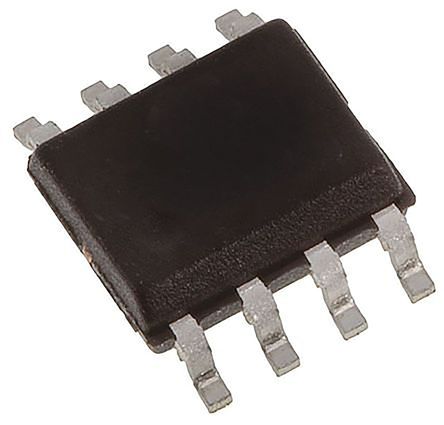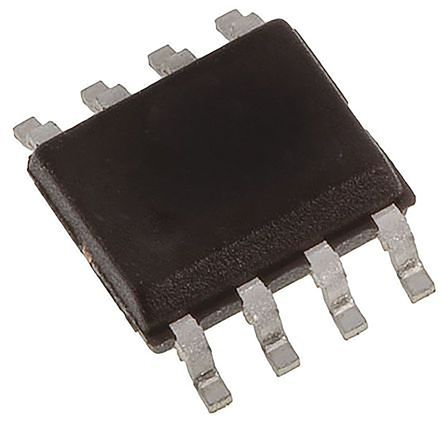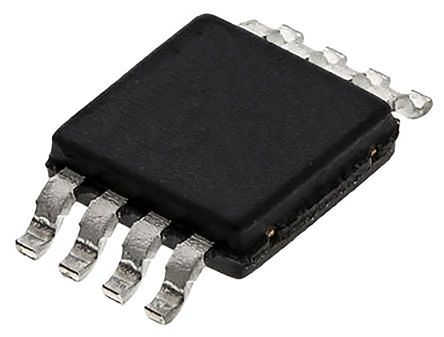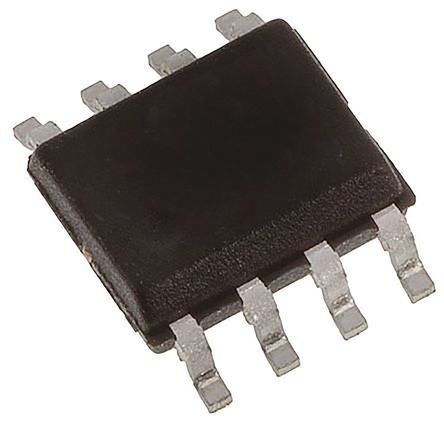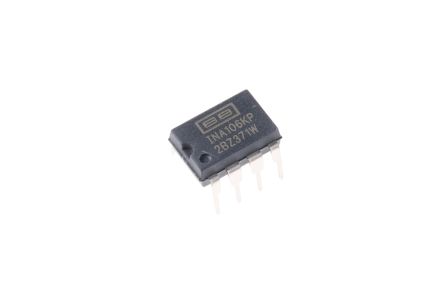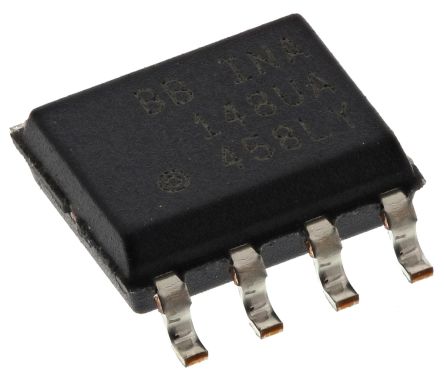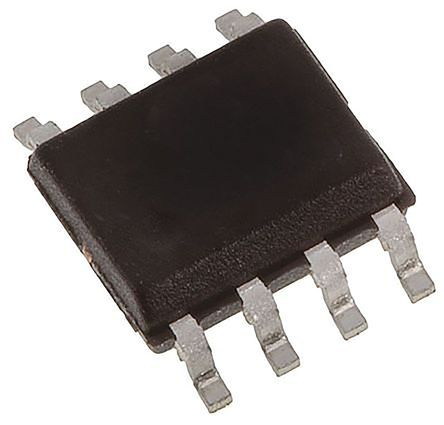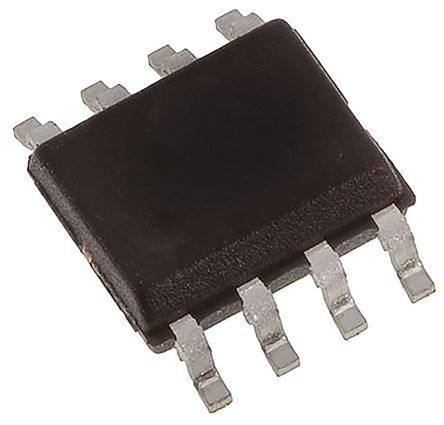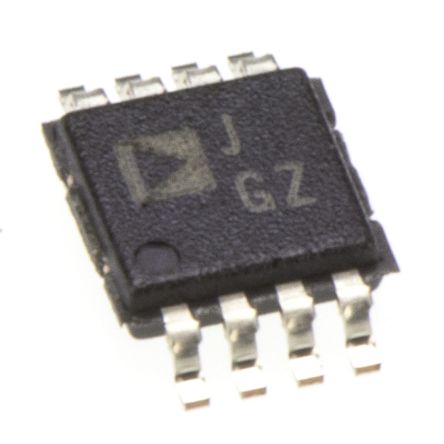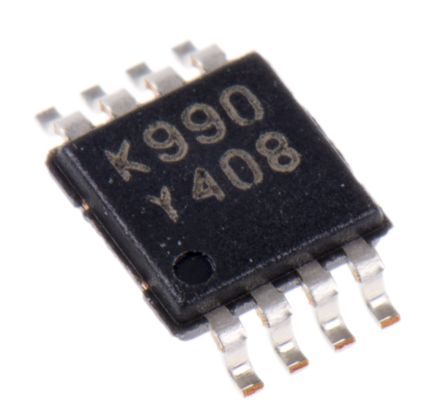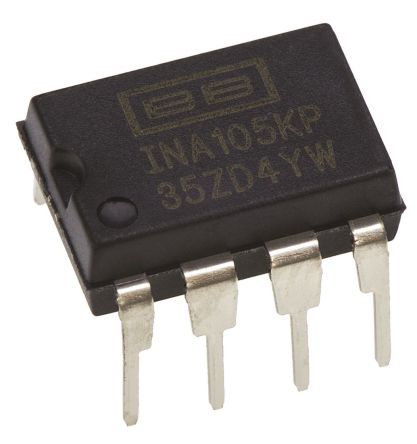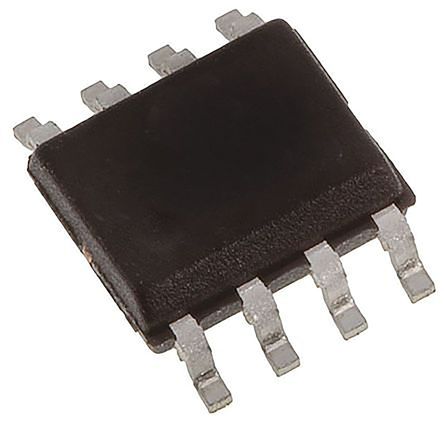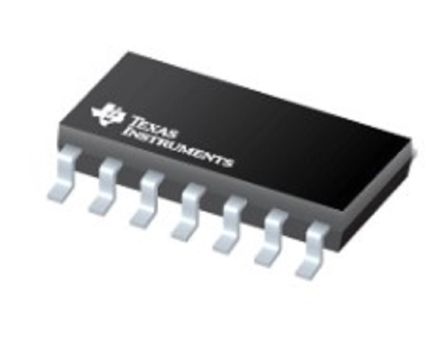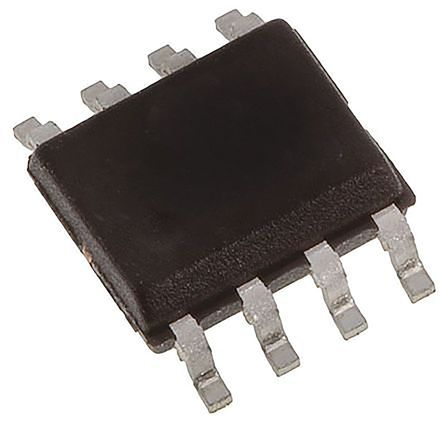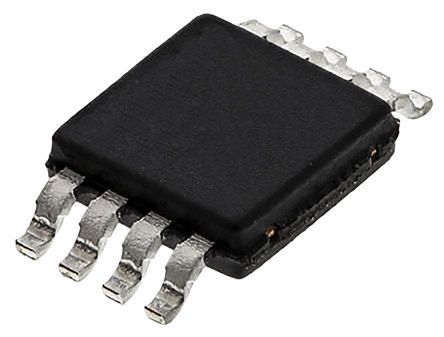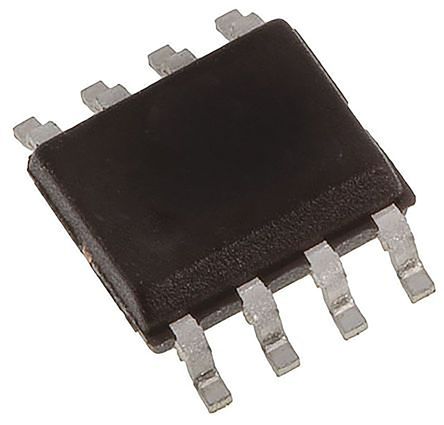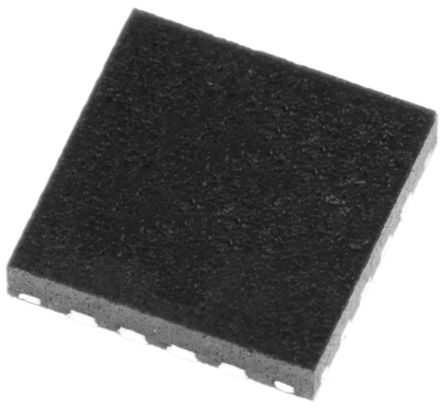- Automation & Control Gear
- Cables & Wires
- Enclosures & Server Racks
- Fuses & Circuit Breakers
- HVAC, Fans & Thermal Management
- Lighting
- Relays & Signal Conditioning
- Switches
- Batteries & Chargers
- Connectors
- Displays & Optoelectronics
- ESD Control, Cleanroom & PCB Prototyping
- Passive Components
- Power Supplies & Transformers
- Raspberry Pi, Arduino, ROCK, STEM Education & Development Tools
- Semiconductors
Differential Amplifiers
A differential amplifier is a type of electronic amplifier that increases the difference between two input voltages. Differential amplifiers also suppress voltage to be common to the two inputs. A digital amplifier is one of the most used and important components within integrated circuits (ICs).
Differential Amplifier inputs
- One inverting
- One non-inverting
Why use a Differential Amplifier?
Differential amplifiers are used to amplify balanced differential signals which are used to communicate small signals in electrically noisy environments. The signal wires should be close or wired together and most of the induced noise will be "common mode", affecting both wires in the same way.
Differential Amplifier Applications
The main application of a differential amplifier is to get rid of any noise and voltages that are present in both of the voltage inputs. This noise is present in common mode fluctuating voltage. Differential amplifiers are used in circuits that utilise negative feedback, such as controlling motors and signal amplification.
Various electronic devices use differential amplifiers
- FM/Am Radio signal recovery
- Audio pre-amplifiers
- Microphone pre-amplifiers
- TV Signal recovery
- Digital to analogue converters
A Differential amplifier can also be configured to operate as a single-ended amplifier by grounding one of the inputs.
Modern differential amplifiers normally sit on a single microchip. Inside the microchip, positive and negative signals are added and become a single output.
What do CMRR and PSRR stand for?
- CMRR is the abbreviated version of Common Mode Rejection Ratio and refers to the power ratio of differential gains between the common-mode gain. This unit is measured in positive decibels.
- PSRR is the abbreviated version of Power Supply Rejection Ratio and refers to an amplifiers ability to consistently maintain output voltage white the DC voltage supplied is varied.
